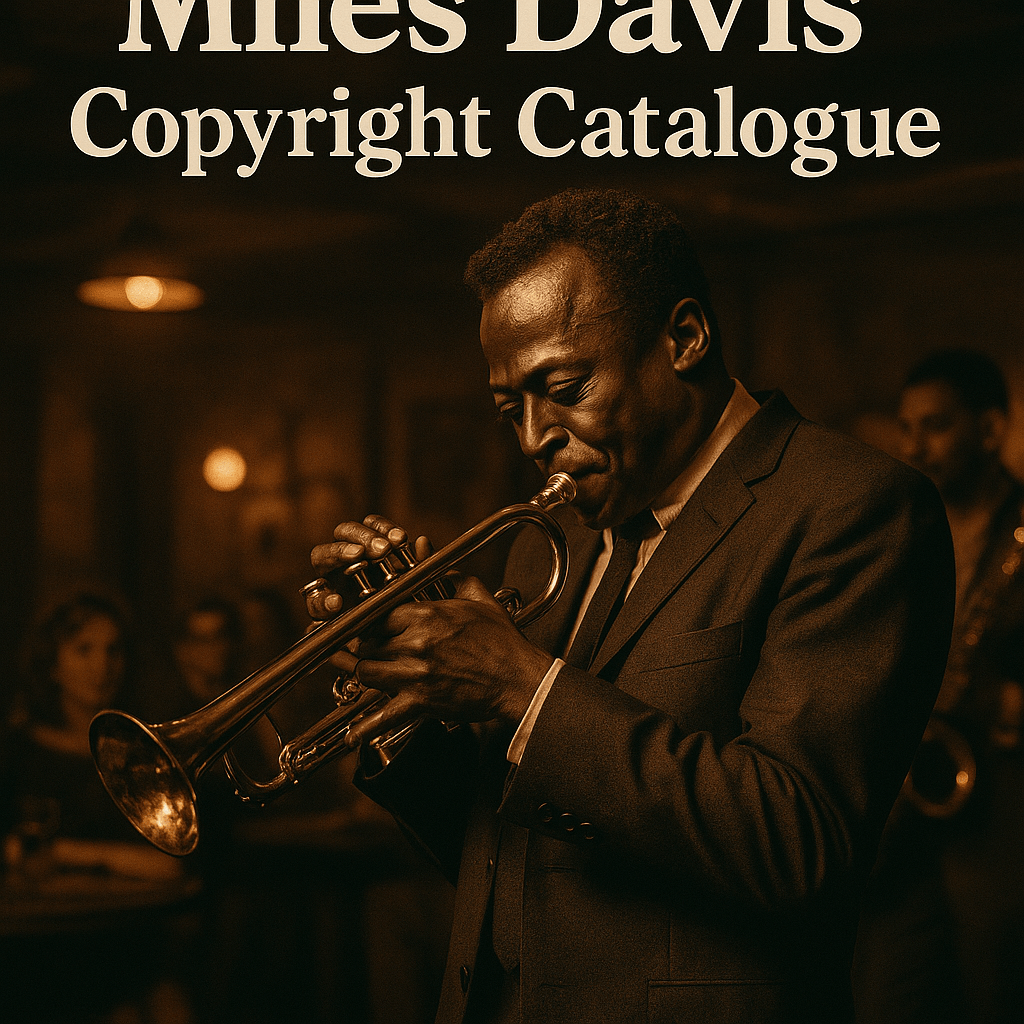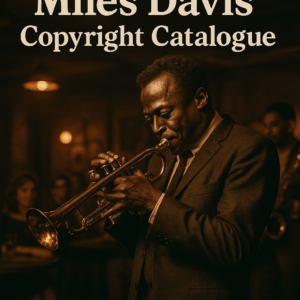The estate of Miles Davis recently sold his music catalog for a reported nine-figure sum. While some headlines focused on the eye-popping price tag, the real story for founders and investors is how long copyright lasts, and how that impacts asset valuation, licensing potential, and estate planning.
Understanding the timeline of U.S. copyright law is critical for anyone creating, acquiring, or monetizing intellectual property, especially in the age of streaming, AI-generated content, and catalog sales.
How Long Does Copyright Last in the U.S.?
The basic rule under U.S. law is:
- For individual authors: Life of the author + 70 years
- For works made for hire or anonymous/pseudonymous works: 95 years from publication or 120 years from creation, whichever is shorter
Miles Davis died in 1991. Under the Copyright Term Extension Act (CTEA), his original compositions and recordings (assuming he held the rights personally and not through a work-for-hire agreement) will remain protected until 2061.
That long duration is a major driver of valuation.
Why Did the Miles Davis Catalog Sell for So Much?
Several reasons:
- Long-Term Royalties: The catalog will generate income from streaming, sync licensing, and reissues for decades.
- Cultural Prestige: Davis is globally recognized and frequently sampled or licensed.
- Control of Rights: If the estate retained both master recordings and publishing rights, the buyer gets full monetization power.
These are the same dynamics that led to massive deals for other legends like Bob Dylan and Bruce Springsteen.
Copyright Ownership: What Creators and Music Startups Must Know
Many creators, especially musicians, designers, and software engineers, don’t realize that ownership isn’t automatic.
Key tips:
- Register copyrights early. This provides legal proof and allows you to sue for statutory damages.
- Use written agreements. Always clarify ownership with employees, collaborators, and freelancers.
- Avoid orphaned rights. If your startup is acquiring content, make sure the chain of title is clear.
For startups in music tech, NFT platforms, or AI audio, copyright clarity can make or break a VC deal by venture capital investors.
Can AI-Generated Music Be Copyrighted?
Not under current U.S. law.
In Zarya of the Dawn (2022), the U.S. Copyright Office ruled that AI-generated art lacks human authorship and is therefore not eligible for protection. That principle applies to AI music.
However, if a human curates, edits, or meaningfully directs the AI output, portions may be protectable. Startups using AI in music should develop clear policies and IP disclosures.
 What Happens When Copyright Expires?
What Happens When Copyright Expires?
When a work enters the public domain, anyone can:
- Remix or sample it
- Use it in film, ads, games, or apps
- Distribute it for free or commercial gain
This opens doors for tech platforms (like archives or remix apps) and for modern artists to build on timeless material. But it also ends the revenue stream for prior rightsholders.
Miles Davis’ catalog, for example, won’t fully enter the public domain until well after 2061—if current laws hold.
Why Copyright Duration Matters for Investors and Estates
The longer a copyright lasts, the more value it holds as a monetizable asset. This has implications for:
- Music label valuations
- Investor projections for streaming revenue
- Estate planning for creators
- M&A due diligence for tech or media startups
A work that has 40 more years of protection is worth vastly more than one with 5 years left.
Lessons for Founders: Copyright as Strategy
Whether you’re a solo artist, media startup, or tech founder, you should treat copyright not just as a legal checkbox but as a core business asset.
Ask:
- Are my copyrights registered?
- Do I own all rights to the works I use?
- How long will those rights last?
- Can I license or sell them in the future?
When structured right, a well-managed catalog—whether in music, video, code, or design—can be a powerful, appreciating asset.
Final Thoughts: The Legal Legacy of Miles Davis
The sale of the Miles Davis catalog isn’t just a music story. It’s a masterclass in copyright value, longevity, and legal foresight. Founders, creators, and investors should take note.
David Nima Sharifi, Esq., founder of the L.A. Tech and Media Law Firm, is a nationally recognized IP and technology attorney with decades of experience in M&A transactions, startup structuring, and high-stakes intellectual property protection, focused on digital assets and tech innovation. Quoted in the Wall Street Journal and recognized among the Top 30 New Media and E-Commerce Attorneys by the Los Angeles Business Journal, David regularly advises founders, investors, and acquirers on the legal infrastructure of innovation.
Schedule your confidential consultation now by visiting L.A. Tech and Media Law Firm or using our secure contact form.



